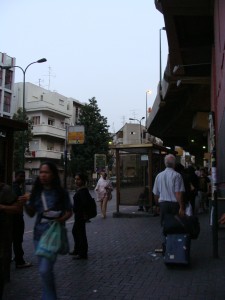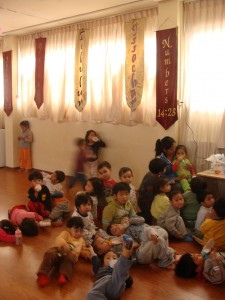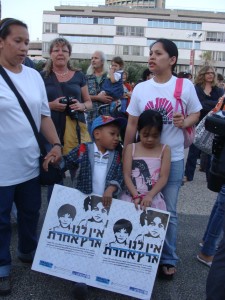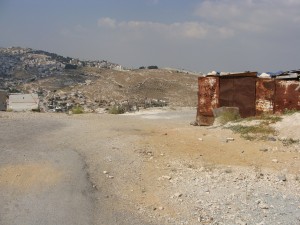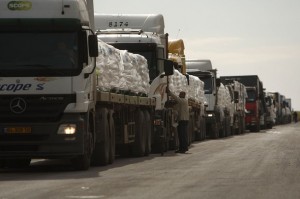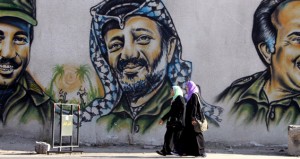 Al Jazeera English, July 31, 2010
Al Jazeera English, July 31, 2010
Fatma Sharif is a lawyer at Al Mezan Center for Human Rights, a non-partisan, Gaza-based NGO that has voiced sharp criticism of both Hamas and Israel. A women’s rights activist, Sharif planned to study at the West Bank’s Birzeit University for a Master’s in human rights and democracy, a degree unavailable in Gaza.
But whether or not she could travel from Gaza to the West Bank rested in Israel’s hands.
As Sharif, 29, applied for an exit permit, there was reason for hope. In 2007, the Israeli Supreme Court urged the state to let Gazans attend West Bank universities in “cases that would have positive human consequences.” Sharif’s work and intended course of study seemed to fit the bill perfectly.
